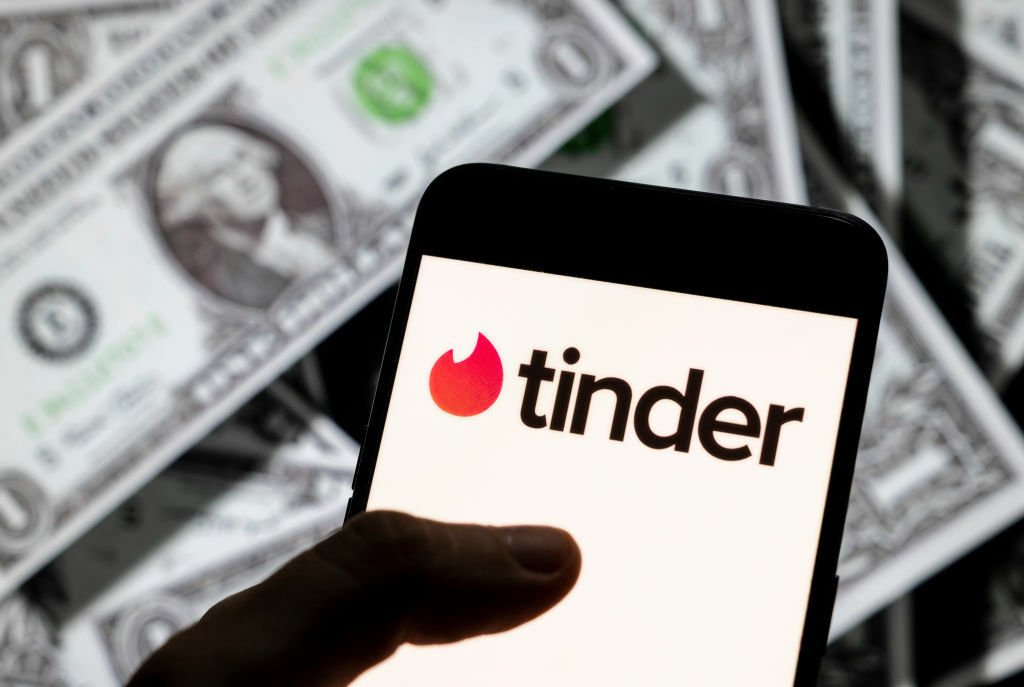
Online dating juggernaut Match Group is suing Google, alleging that its Android apps are being forced to use the tech giant’s in-app payment system — thus allowing Google to extract royalties for such transactions. Match Group owns numerous popular dating apps and websites, including Hinge, OkCupid, Tinder, and PlentyOfFish.
The issue comes down to Google’s outsized influence and control over Android app distribution, as well as its requirements for allowing apps on the Google Play Store. According to Match Group’s federal court filing, over 90 percent of Android app downloads are handled through the Google Play Store. Thus, if developers want to reach enough users for their Android app to be sustainable, there’s practically no way around putting it on Google’s app store.
However, Google doesn’t allow apps onto the Google Play Store unless they meet certain criteria. Significantly, this includes a requirement that developers use Google Play Billing for all in-app transactions, from which Google can then take a commission of up to 30 percent. Apps also aren’t allowed to direct users to alternate payment methods.
Google contends that only around three percent of developers are subject to such fees, and that the overwhelming majority are only required to pay a commission of 15 percent or less. The company states that this majority includes Match Group, whose in-app digital subscriptions are subject to a 15 percent fee.
Even so, Google’s overwhelming dominance has Match Group accusing it of violating antitrust and unfair competition laws at both a state and federal level.
“Google illegally monopolized the market for distributing apps on Android devices with its Google Play Store…making it today the only viable choice a mobile application…developer has to reach Android users,” Match Group wrote in its filing. “Now, Google seeks to eliminate user choice of payment services and raise prices on consumers by extending its dominance to the separate market for in-app payment…processors on Android.”
Match Group is thus asking that Google be ordered to let it use its own billing system and inform users of alternate payment methods, as well as allow its apps to remain on the Google Play Store.
For its part, Google says its requirements and fees are just the cost of doing business. In a statement to CNET, a Google spokesperson accused Match Group of trying to avoid paying for the “significant value” it receives from utilising the platforms Google offers.
“Like any business, we charge for our services, and like any responsible platform, we protect users against fraud and abuse in apps,” said the spokesperson.
When reached for comment, Google directed Mashable to a blog post responding to the matter. In it, Google stresses that its services extend to more than just payment processing, and that its fees cover safety protections and platform development as well.
“Match Group knows Google Play provides tools and a global distribution platform that helps developers grow their business,” wrote Google. “And Match Group knows this because they have used these tools and our platform to build a very successful global business. They want access to Google Play’s global distribution platform and users, they want to unfairly leverage Google’s substantial investments in the platform, and they want it all for free.”
Google also noted that it allows users to choose how they are billed in South Korea, but Match Group has not taken advantage of this capability. It’s an interesting point, but unlikely to help Google much considering this is a U.S. case pertaining to U.S. law.
It isn’t the first time Google has been hit with an antitrust lawsuit though, and almost certainly won’t be the last.
